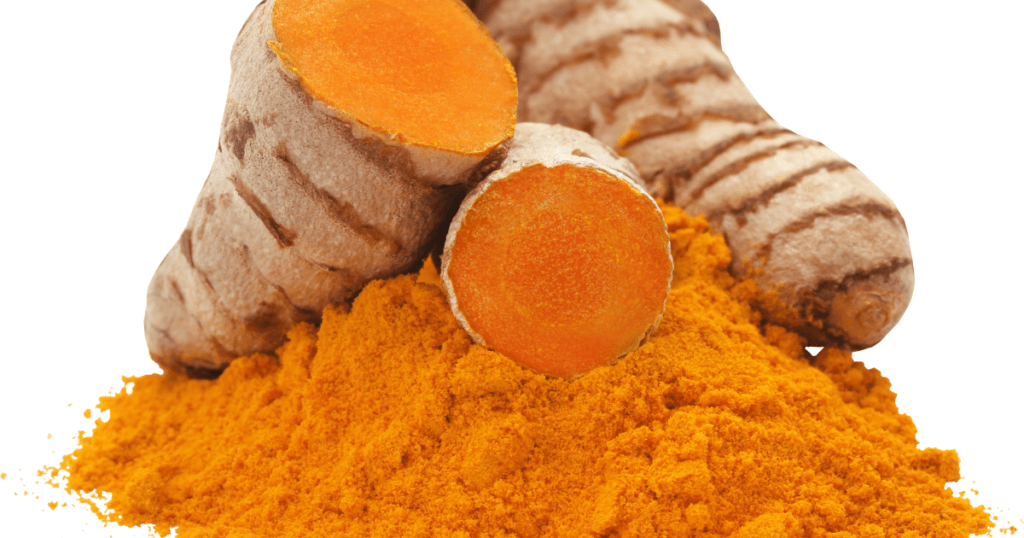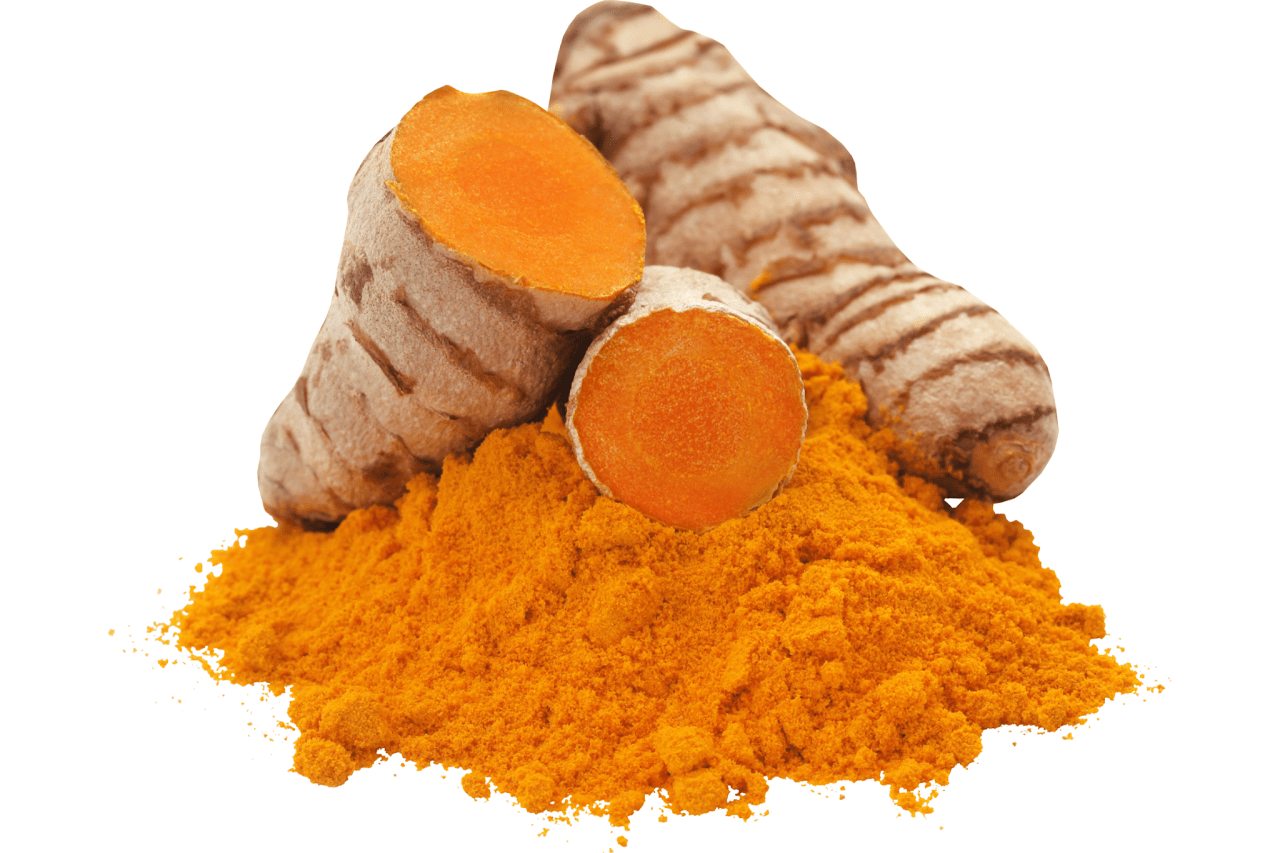Health Benefits of Turmeric: Ancient Remedies to Modern Science
Uncovering contemporary research on the role of turmeric in pain relief, inflammation reduction, and overall health benefits.
Turmeric (curcuma) is related to ginger root and is used in dried turmeric powder form in Indian spices. People in some countries have been using this kurkuma as one of the spices for centuries to experience the many benefits of turmeric. Its use has gained greater importance in the Western world in recent decades. People use it all over India and other countries as an essential ingredient for cooking. Turmeric has been used for centuries in Ayurveda, an ancient system of Indian herbal treatment, and in traditional Chinese medicine to treat liver function, relieve arthritis and osteoarthritis pain as a natural anti-inflammatory like turmeric for inflammation, and improve digestion.
People consider turmeric a superfood because the curcumin in it reduces neuroinflammation in the brain, which is a significant cause of mood disorders like depression and neurodegenerative diseases like Alzheimer’s disease. Curcumin, the critical curcuminoid found in turmeric extract, is considered an elixir for treating several ailments and provides many turmeric benefits for women and men. The curcumin wirkung (curcumin effect) is potent. However, studies show that therapeutic use requires a much higher quantity of curcumin supplement than the amount of turmeric powder used for cooking to get the full cognitive benefits and therapeutic potential.

Curcumin for Memory Improvement and Brain Health
Johns Hopkins revealed that a study was conducted involving adults over 50. These adults were given curcumin supplements over a period of 18 months. Later the memory test of the participants in the study revealed that the adults had improvement in their memory, demonstrating the curcumin memory improvement and turmeric for brain health benefits. Also, a scan of their brain showed a significant reduction in amyloid plaques and tau tangles, markers of cognitive decline and turmeric Alzheimer’s benefits. This shows promise for turmeric and dementia. At Johns Hopkins, researchers conducted a study that indicated the combination of chemotherapy drugs with curcumin contributed to shrinking drug-resistant tumors.
Researchers have also found that curcumin inflammation benefits effectively relieve pain and swelling in patients suffering from arthritis and osteoarthritis. Liza Torborg (Mayo Clinic) in an article reveals that consuming gurkmeja inflammation (turmeric for inflammation) three times a day had similar effects as taking a 1,200-milligram dose of ibuprofen a day for turmeric anti-inflammatory benefits.
Anti-inflammatory Properties of Curcumin
Because of curcumin’s anti-inflammatory properties, researchers have found it to be an ideal substance for reducing pain.It also improved joint movement in people with osteoarthritis. Other clinical trials indicate several other health-related benefits such as reduction in cholesterol and triglyceride levels important for cardiovascular health and atherosclerosis, benefits for rheumatoid arthritis, Crohn’s disease, irritable bowel syndrome, inflammatory bowel disease, psoriasis, and diabetes. Mayo Clinic, suggests consulting a doctor prior to taking turmeric if someone is suffering from gallbladder-related problems, taking anti-clotting medicine or taking chemotherapy sessions. This is because curcumin supplements are likely to interact with other medications. Researchers have also found that large quantities of turmeric act as a blood thinner. This can result in bleeding or accelerate the impact of blood-thinning medications.
Therapeutic Role of Curcumin
Cleveland Clinic provides several tips to use turmeric for therapeutic purposes:
- When buying curcumin supplements, look for the technology being used. For example, check if the manufacturing of its supplements has used “phytosome technology.” Researchers found that phosphatidylcholine with curcumin provides 29 times greater bioavailability and absorption compared to standard curcumin extracts.
- Start with a lower dose and gradually increase the doses as some people may be allergic to it.
- Whether as a supplement or as a spice, it is better to buy small quantities as repeated exposure to air reduces the medicinal property of turmeric.
- Taking 500 mg of curcumin twice a day is found to be safe, but it is advisable to consult a doctor. The dosage varies depending upon a person’s age and health condition.
- Curcumin is likely to cause bloating and it is also believed to interact with blood clotting medications.
- Remember, do not substitute turmeric for medicine; use it as a supplement to gain the turmeric benefits.
Curcumin as a Multi-targeted Therapeutic Agent
Curcumin’s anti-inflammatory and antioxidant properties help reduce oxidative stress, a key factor in many chronic diseases like atherosclerosis, arthritis, psoriasis, and depression. Curcumin also modulates key neurotransmitters like serotonin and dopamine and increases levels of BDNF, explaining its benefits for depression and other mood disorders. By inhibiting GSK-3β and reducing neuroinflammation and calcium influx, curcumin shows therapeutic potential for Alzheimer’s disease and other neurodegenerative diseases. More clinical trials are underway to fully uncover the wide-ranging health benefits of this ancient spice and improve its bioavailability for maximum therapeutic impact. Curcumin’s ability to inhibit GSK-3β, reduce oxidative stress, and modulate key pathways make it a promising natural treatment for psoriasis. The multi-targeted effects of curcumin and its ability to inhibit GSK-3β make it a potent anti-inflammatory and neuroprotective agent worth continued research.
References:
Johns Hopkins. 5 Spices with Healthy Benefits. Retrieved August 16, 2022, from https://www.hopkinsmedicine.org/health/wellness-and-prevention/5-spices-with-healthy-benefits
Torborg, L. (January 24, 2020). Mayo Clinic Q and A: Turmeric’s anti-inflammatory properties may relieve arthritis pain. Retrieved August 16, 2022, from https://newsnetwork.mayoclinic.org/discussion/mayo-clinic-q-and-a-turmerics-anti-inflammatory-properties-may-relieve-arthritis-pain/
Cleaveland Clinic. 7 tips for taking turmeric. Retrieved July 14, 2022, from http://health.clevelandclinic.org/wp-content/uploads/2015/08/14-HHB-2051-Turmeric-Infographic.pdf
Category
- Health Issues (72)
- Healthy Diet (48)
- Herbs for Health (11)
- Mental Health (33)
- Skin Care (20)

